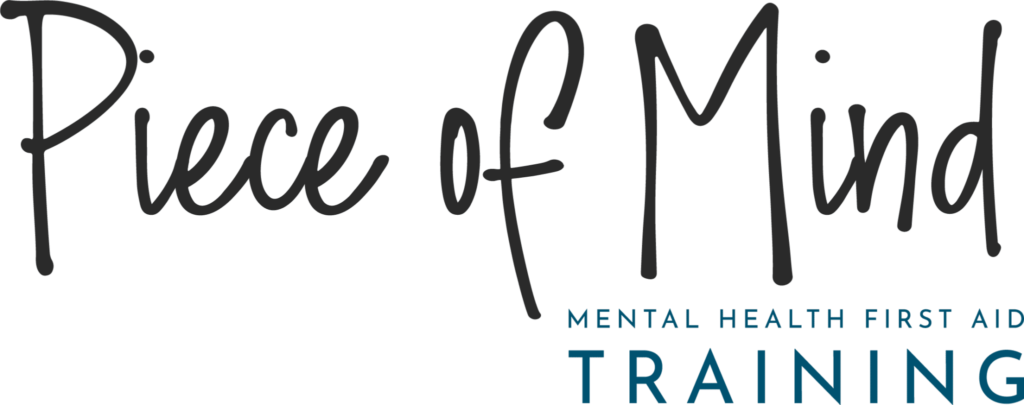The Impact of Mental Health First Aid on Communities in Scotland

Mental health challenges affect not just individuals, but entire communities. In Scotland, where mental health issues such as anxiety, depression, and substance abuse are on the rise, mental health first aid (MHFA) training has the power to foster stronger, more resilient communities.
MHFA training enables individuals to provide immediate help to those struggling with mental health issues, helping to create supportive environments across Scotland. But what does this training involve, and how can it benefit local communities?
1. The Mental Health Landscape in Scotland
Scotland has one of the highest rates of mental health conditions in the UK, with conditions such as anxiety, depression, and addiction affecting people from all walks of life. According to NHS Scotland, mental health problems cost the Scottish economy over £10 billion a year due to lost productivity, social welfare payments, and health care costs.
One of the ways communities can address this issue is through early intervention, and that’s where MHFA training comes in. By equipping community members with the knowledge to spot the early signs of mental health issues and intervene appropriately, MHFA training can help prevent minor mental health problems from escalating into crises.
2. Breaking Down Barriers in Communities
Mental health stigma is one of the biggest barriers to seeking help. Many people fear being judged or misunderstood when they open up about their mental health struggles. This is especially true in tight-knit communities where everyone knows each other.
MHFA training helps break down these barriers by normalising conversations about mental health. The more openly people can talk about their mental health, the more likely they are to seek help when they need it.
3. Empowering Communities Through Training
Mental health first aid training empowers individuals within communities — from teachers to sports coaches to local business owners — to support those in need. This training builds a network of individuals who can offer help when it’s most needed, creating a ripple effect throughout the community.
For example, in one community in Glasgow, Piece of Mind provided MHFA training to youth group leaders. Within six months, several young people who were struggling with anxiety and depression received support from these trained individuals. Early intervention and support helped prevent these issues from escalating into more serious problems.
4. The Role of Mental Health First Aiders in Crisis Situations
Mental health first aiders are often the first point of contact when someone is experiencing a mental health crisis. Whether it’s de-escalating a situation involving suicidal thoughts or offering reassurance to someone having a panic attack, trained Mental Health First Aiders can make a world of difference.
In a recent example, during a community festival in Glasgow, a trained MHFA volunteer was able to calm a distressed attendee who was experiencing severe anxiety. The situation was resolved quickly and compassionately, and the individual was connected with professional help.
5. How to Bring MHFA to Your Community
Mental health first aid training has already transformed numerous Scottish communities by breaking down stigma and providing essential support.
If you’re interested in bringing MHFA training to your local group, school, or workplace, contact us today.
Help your community become more supportive. Get in touch to bring MHFA training to your school, workplace, or community group.
